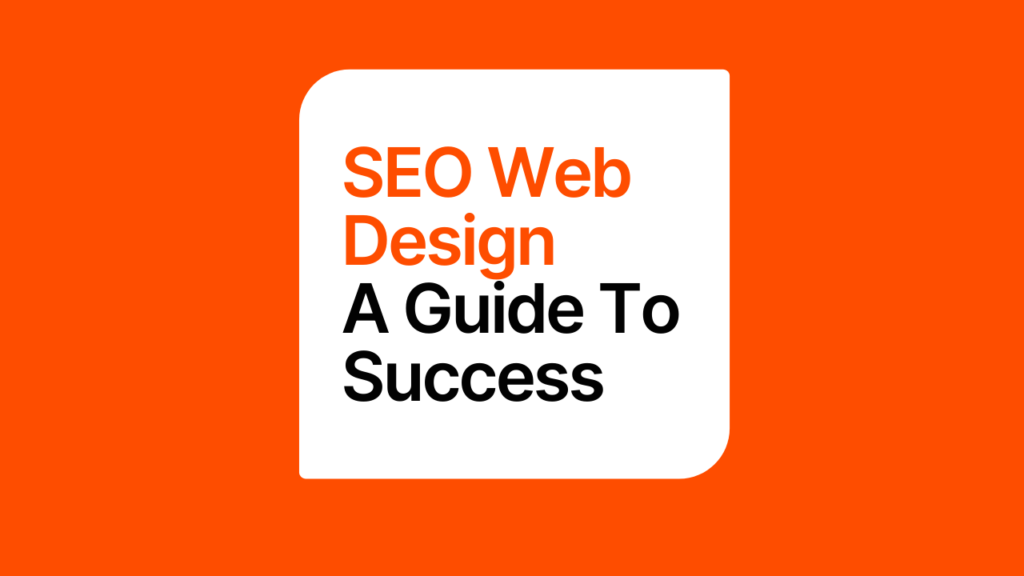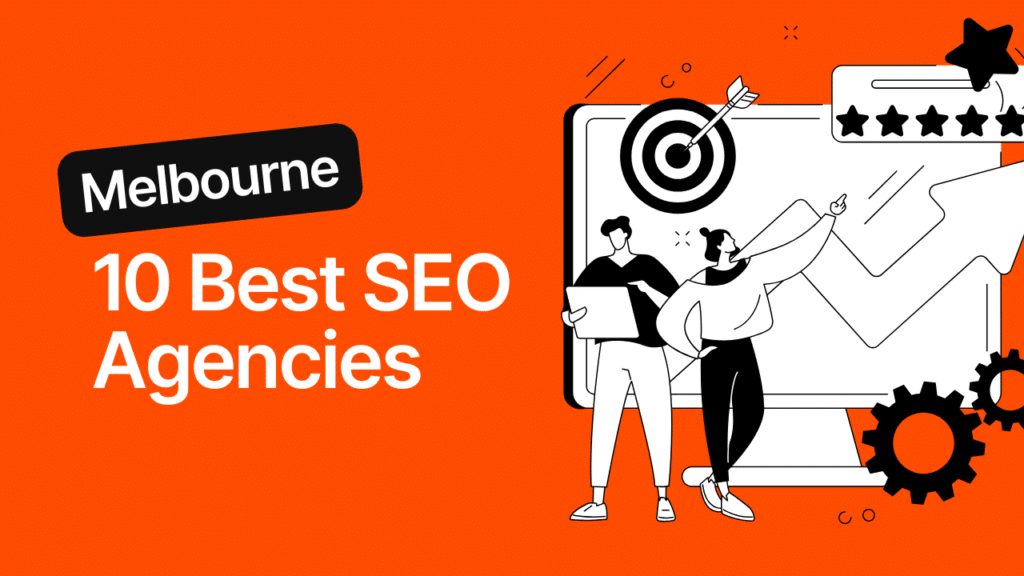
Benjamin Paine
Managing Director at Digital Nomads HQ
Enterprise SEO, What is it?
To answer this simply;
Its large scale (generally over 1000+ pages), often complex websites with intricate page structures and user navigation with global reach objectives.
Some types of sites that would fall into the enterprise SEO category would be;
- Enterprise Companies with multiple websites
- ASX Listed Companies or Fortune 500 (Internationally)
- eCommerce websites 50k+ products and pages
Some examples of websites would be;
Global Site: Apple.com across all countries has over 1.9mil pages currently indexed in SERPs
Australian Enterprise Sites:
Telstra.com.au currently has 12,200 pages indexed in SERPs
With, ANZ.com.au not far behind with 6,150 pages indexed.
Campaigns require strategic coordination on this enterprise scale, as it can require multiple teams and departments to be involved, especially when looking for a successful campaign.
Requiring resources from internal teams and partnerships to be aligned in resource demands along with content goals and the overall campaign objective.
Looking for a beginner’s guide? Read more on “What is SEO“
How does Enterprise SEO campaign differ from any other traditional campaign?
The Scale of an enterprise is its key identifiable difference.
Optimising a website with 6-7 pages or even 20-30 for your local real estate company is one thing but imagine having to optimise the content or internal linking structure for eBay, Amazon or Apple. Being able to understand the scalability of an SEO action and its effect on hundreds of thousands of pages is paramount.
Most enterprise implementations will not only require an SEO team but will also require the expertise of website developers.
Example: Adding an internal link to a couple of pages or breadcrumbs manually doesn’t work when you’re in enterprise-level scales, thus requiring scripts, PHP or theme development and custom solutions to ensure actions are implemented successfully.
Should you outsource your Enterprise search engine optimisation?
Outsourcing is very popular with enterprise-size companies and websites.
With up to 75% of large companies outsourcing their content marketing already. So, how do you determine whether this is you or not?
Evaluate your current capabilities in SEO
Enterprise as we have mentioned is different from “traditional” SEO campaigns, so identity within your team in-house for the expertise, buy-in and ability to complete unique challenges we will later define.
Choosing an Enterprise SEO Company?
Define your goals
Understand your objectives clearly ensuring you equally understand your current site’s strengths and weaknesses.
You may already have established a high domain authority in comparison to your competitors and are just lacking a robust content strategy to capitalise on missing key terms.
Look for an Enterprise agency with experience
Look for an agency or consultant that has enterprise experience, strong values and cultural alignment along with processes to ensure seamless campaign distribution.
While there are many who may promise the world, be sure to dig deeper into recent case studies and proof of work, maybe recent awards or testimonials are always great for insight.
Establish Communication & approval processes
Define channels, reporting & approval stakeholders to ensure both parties are clear on the process of approval.
Along with this platforms and channels of communication and task management.
Most agencies utilise platforms such as Slack or Asana in this space for a more efficient delivery and communication.
Scope of work
Prior to signing any working agreement, your agency or contractor should provide you with a detailed scope of work document.
This will outline; deliverables, timeframes, key members & stakeholders along with responsibilities by each party.
Performance Measurements & Benchmarks
Don’t forget to start with a baseline!
Understanding your current position, performance to better measure tangible ROI and progress from your enterprise SEO campaign.
Why Enterprise SEO Matters?
72% of enterprises rate SEO as successful
Ashley Paine, SEO Account Manager at Digital Nomads HQ

What does an Enterprise SEO strategy include?
Technical Enterprise SEO Audit
A sitewide audit to identify and address technical issues, that potentially hinder the possibility of search engine crawling and indexing.
Common areas that are addressed during this are;
- Overall site architecture
- Page speed & Performance
- Mobile-friendliness & Cross device responsiveness
- Broken links
- Duplicate content (and during this plagiarised content is worth while also).
Comprehensive Keyword Research
This is the development and planning of your target audience’s search intent, going beyond primary terms and include long-tail variations and semantically related terms.
This will later be strategised into your content planner to ensure keyword clusters are tackled without canalisation of your own content (trying to rank multiple forms of content for the same key terms).
Website Architecture and Navigation
Post technical site audit, a redesign of a hierarchical website structure can often need to be reassessed
– This is common from when website development projects are siloed from the inclusion of SEO expertise.
Internal Linking
With enterprise websites, the power of a strategic internal linking structure can provide significant results.
Guiding users and search engines through the website, distribute link equity, and establish topical relevance.
Content is King – Optimising for Quality and Scale
By aligning a content strategy with business goals, and target audience needs and backed by the comprehensive keyword planner, you can start making some gains.
Focus on providing high-value “Skyscraper” content that is informative, engaging and UNIQUE.
NOTE: AI content can’t curate the depth in content for your business to be competitive in SERPs. Along with this recent SEO algorithm changes from Google are tackling the high volume “batched” use of AI in content strategies and removing those pages from SERPs.
E-A-T Expertise, Authoritativeness, Trustworthiness
Now better understood as;
E-E-A-T (Experience, Expertise, Authoritativeness & Trust)
Creating content that demonstrates your brand’s expertise and authority within its niche – similar to this piece of content.
Support content with author bios and links to credible sources.
Pillar Pages and Topic Clusters
As we previously mentioned, the organisation of content into topic clusters centred around core pillar pages.
This creates a strong topical hierarchy and signals of niche depth to search engines such as Google.
Content Optimisation
Thoroughly optimising content for target keywords, user intent, and readability (meta descriptions, headings, image alt text, etc.)
This is all very normal and so called “standard practise”
– However, on an enterprise level, remember, Scale is key.
The ability to optimised 10-20 pages is easy work for most practising SEO, but optimising 10,000 – 20,000 pages through both theme and/or template based CMS…. A little harder.
Enterprise Off-Page SEO
Enterprise Link Building
Still to this day, we commonly see link building being the strongest signal in SEO campaigns – from small business through to enterprise campaigns.
Building a high-quality “Niche” backlink profile through a combination of tactics (guest blogging, outreach, PR, resource link building) still delivers incredible SEO growth.
For more on backlinks and link building, watch our most recent video below;
Brand Mentions (Unique to enterprise)
This is a link building strategy that not every business can capitalise on
– Unlinked brand mentions.
It’s exactly as it sounds – The instance of another website referencing your brand name without linking to your website.
This can be a very effective and cheap way to obtain great links with just a simple outreach asking to add the link in on your brand name mention.
Some data on this; Small websites see 5-10 branded mentions per month.
Larger enterprise companies can see over 500+ branded mentions every month.
Converting merely 10% of these would equate to 50 new links per month to your website.
Measuring and Optimising for Campaign Success
SEO KPIs:
Again, defining that baseline first is key.
Without a strong understanding of your “baseline” data from the beginning, measuring your SEO campaign KPIs will become difficult at best.
Some SEO performance indicators are;
- Organic Traffic (% of Growth)
- Keyword Rankings (Potentially by position brackets e.g. Position 1-3, 4-10 etc.)
- Conversions (by organic traffic source)
- New Backlinks or Referring Domains (Better still the quality of links.)
Analytics and Reporting
Set up effective analytic & tracking tools such as;
- Google Analytics (Google Search Console)
- Create dashboards for easy visualisation.
- Agencies will often leverage additional reporting platforms such as; SEMrush, Ahrefs or Agency Analytics for better data visualisation & progress reporting.
So, what are some of the Enterprise SEO Challenges?
Cross-Departmental Collaboration
Communication and collaboration between SEO, marketing, development, and IT teams.
This often requiring multiple stakes holders approval and compliance (especially in GOV, EDU sector).
Managing Scale
Develop scalable SEO processes and leverage automation tools to handle the volume of content and technical optimisations.
While this is a challenge for most – leaning on an experienced agency or contractor for this will ensure a smoother result.
Prioritisation
Prioritise efforts based on impact and ROI.
Address high-value opportunities first or “low hanging fruit” as we all love to call it in marketing.
Aside from the cheesy marketing term,
Prioritisation is actually one of the most common challenges our enterprise businesses go through.
This often lend by the stakeholder or senior managements misalignment of goals & objectives.
And lastly, directly related to the above is Executive Buy-in
Enterprise SEO is a complex undertaking, but the rewards can be undeniable.
Investing in an experienced Enterprise SEO partner is most common, while undertaking the process in-house may provide a reduced level of communication and approval processes.
Key Takeaway
Enterprise SEO when implemented successfully can provide enormous organic growth, brand visibility and a competitive advantage.
Many enterprise site’s are already strong in brand mentions and authoritativeness and lacking the strategic keyword planning and content distribution to capitalise on the foundation waiting for you to start.

"Inside the agency" A Digital marketing podcast
Tune in to our weekly Youtube and Podcasts discussing industry changes, news & hot topics across all digital marketing channels.







